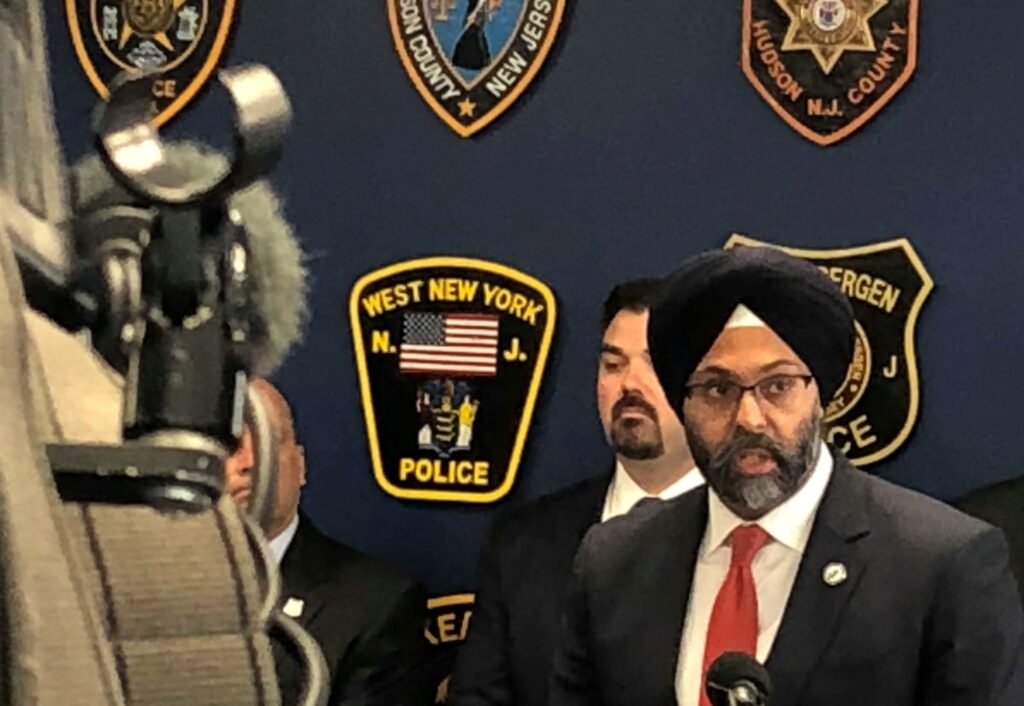Some Grewal Guidance on Prosecuting Knuckleheads

So, what’s going to happen to the knuckleheads?
It’s an interesting question, given the fact Gov. Phil Murphy has made quite a big deal calling out those who have violated state pandemic regulations. The effort was supplemented by electronic signs on state highways urging residents not to be a “knucklehead.”
The anti-knucklehead campaign provoked some political pushback, especially from Republican Sen. Joseph Pennacchio who objected to the label.
More seriously, Murphy waded into knucklehead territory himself a week or so ago when he marched in an anti-bias protest in Hillside. So much for social distancing.
Jay Webber, a Republican Assemblyman from Morris County’s District 26 (Pennacchio’s district as well), called on state police to give the governor a summons. That didn’t happen.
But late Wednesday, we got some guidance on prosecuting the knuckleheads from Gurbir Grewal, the state Attorney General.
Buried in the guidelines was the AG’s order that local prosecutors dismiss executive order violations “filed against organizers of outdoor political protests or outdoor religious services.” There have been five such violations, according to the AG.
One of them appears to be an anti-lockdown protest held in late May at the Randolph Tennis Center. That drew about 200 people, including three of the five Republican U.S. Senate candidates in the July 7 primary.
Jennifer Rogers, the owner of the center, was ticketed a few days later by local police, prompting vocal condemnation from Republicans and other critics of the Murphy Administration.
A spokesman for Randolph Police said the department was following state orders and that large outdoor gatherings were not permitted.
Now those orders seem to have changed. That’s not a surprise.
Two days after his march experience, Murphy said that all political, or First Amendment, protests were now legal. So it makes sense to dismiss charges against those summoned for organizing them.
How about the rest of the violators? These include people doing such things as opening non-essential businesses, holding house parties at the height of the pandemic and not wearing masks when required to do so.
Grewal’s guidelines pay tribute to the need to bring “violators to justice.”
But they quickly add there’s nothing wrong with a little discretion.
No local prosecutor can simply refuse to enforce COVID-19 related charges, the AG says. But there are options.
Just like any other offense, prosecutors can offer “knuckleheads” plea deals, amend the charges or just dismiss them for lack of evidence.
And in deciding whether to dismiss, the guidelines say prosecutors can consider “the impact of adverse collateral consequences of a conviction based on the specific circumstances or factors presented by the defendant or elicited by the court.”
Wow. That’s some pretty thick legal verbiage. Chop through it and it seems to say that a conviction is not warranted if it’s going to make the defendant look like a jerk. What else can “adverse collateral consequences” be?
All in all, there’s a lot of leeway here on how executive order offenders will be prosecuted.
So in the end, being a Jersey knucklehead may turn out to be not that bad at all.










Leave a Reply